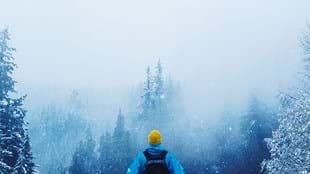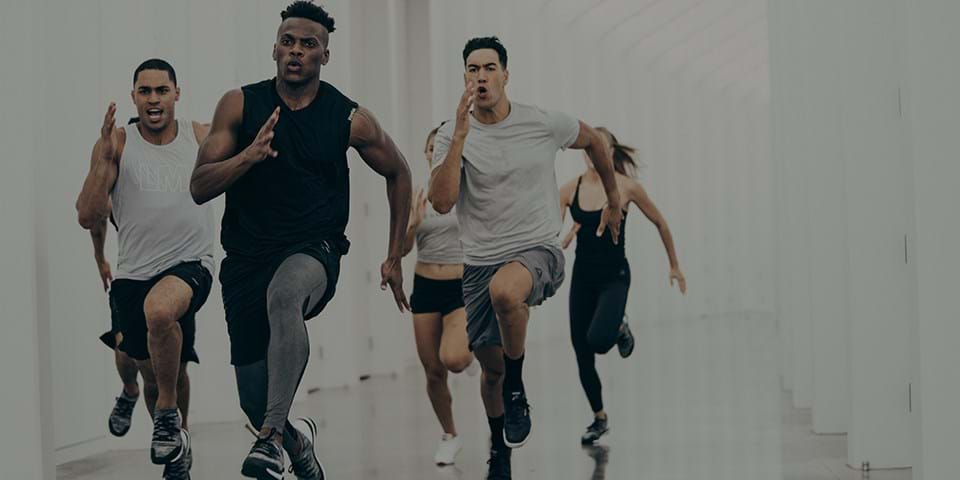Sitting in a frozen lake or climbing a snowy peak in shorts and trainers does not sound like a recipe for good health. But investigative journalist and anthropologist Scott Carney disagrees. He says our bodies are designed to experience extreme environmental conditions, and we should include environmental stimulation in our fitness regimes.
In his book, What Doesn't Kill Us: How Freezing Water, Extreme Altitude, and Environmental Conditioning Will Renew Our Lost Evolutionary Strength, Carney argues that we have cocooned ourselves in an air-conditioned comfort zone, whereas our ancestors struggled against the environment – and these stresses are very important for our health. “We have a whole hidden biology that allows us to adapt to a dazzling array of conditions,” he says.
This interview comes courtesy of Radio New Zealand.
Carney believes the notion that human health rests on the two pillars of diet and exercise cannot explain everything, and his research shows the third pillar is environmental. For example, being very cold triggers vasoconstriction – the narrowing of blood vessels – which exercises your cardiovascular system. A more tangible benefit is that you lose weight faster in the cold, he says.
When he first encountered the theory he was deeply skeptical. In fact, he sought out Wim Hof, the Dutch fitness guru and proponent of extreme feats in cold environments (also known as the Ice Man), to debunk his claims.
“But the fact is that in the matter of a week I went from a guy living in Los Angeles, in this perpetual beautiful summer, to being able to stand out in [my] shorts in this Polish winter, and climb up mountains in Poland where the temperature dipped to -16°C … and I was sweating the whole time.”
Carney says evolution has programmed us to adapt to climatic change, and that exposing our bodies to cold causes a tensing that is part of the fight or flight response. By learning to relax in the process, he says, we increase our strength and endurance. “And [what’s] amazing is it’s pretty easy to do.”
The physical results are real, he says. An exercise physiologist assessed him before and after he embarked on the endurance training regime, “and he showed that I had gone from being someone who primarily burned carbohydrates when I worked out to someone who burned primarily fat, which is one of the goals of endurance training.”
No one is recommending that you jump straight in at the extreme end, and in fact a humble cold shower will also work. “The most immediate thing is that you will get this high," Carney says. “Because once you have poured that cold water on you, you will release norepinephrine, epinephrine, adrenaline, cortisol, all these feel-good hormones, and you’ll get out of it and you will feel awesome. You will feel more awake, you will feel more alert and that is just because you are triggering this unconscious biology.”

This content is published under licence and in partnership with Radio New Zealand, one of the world’s foremost public broadcasters. To learn more go to radionz.co.nz
If you want more health and fitness inspiration simply sign up to Fit Planet and get the freshest insights and advice straight to your inbox.







